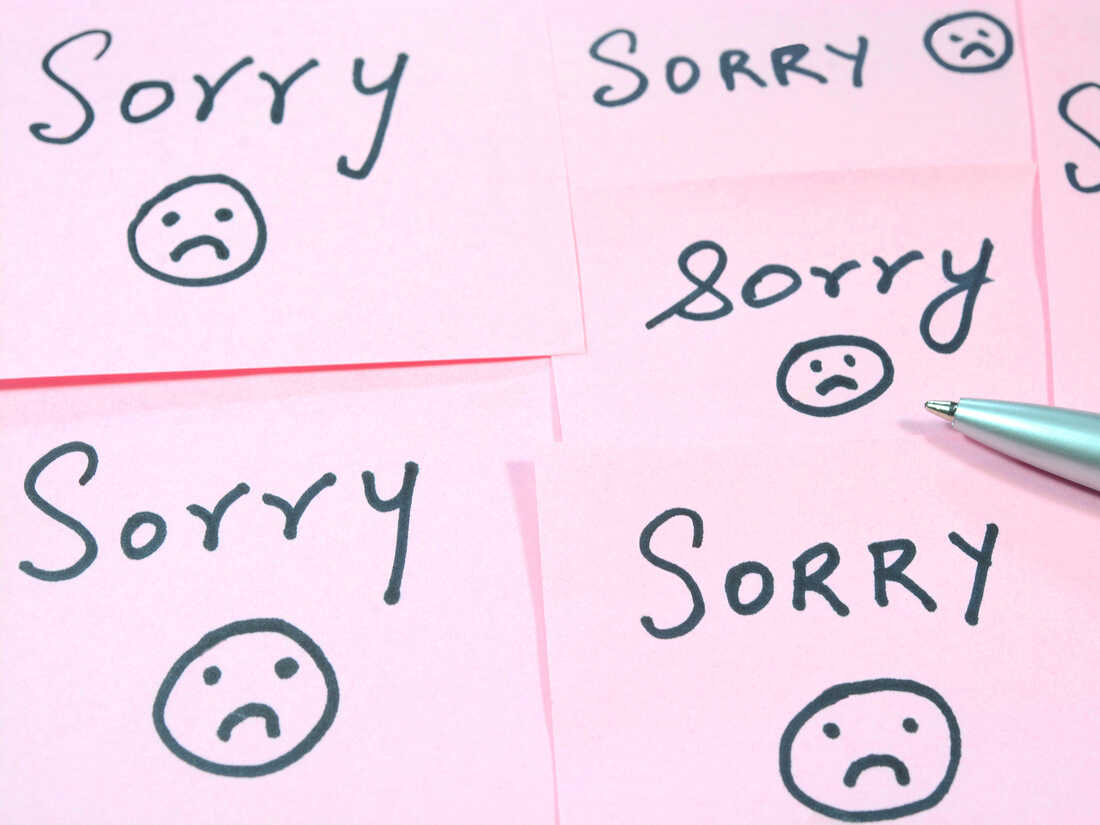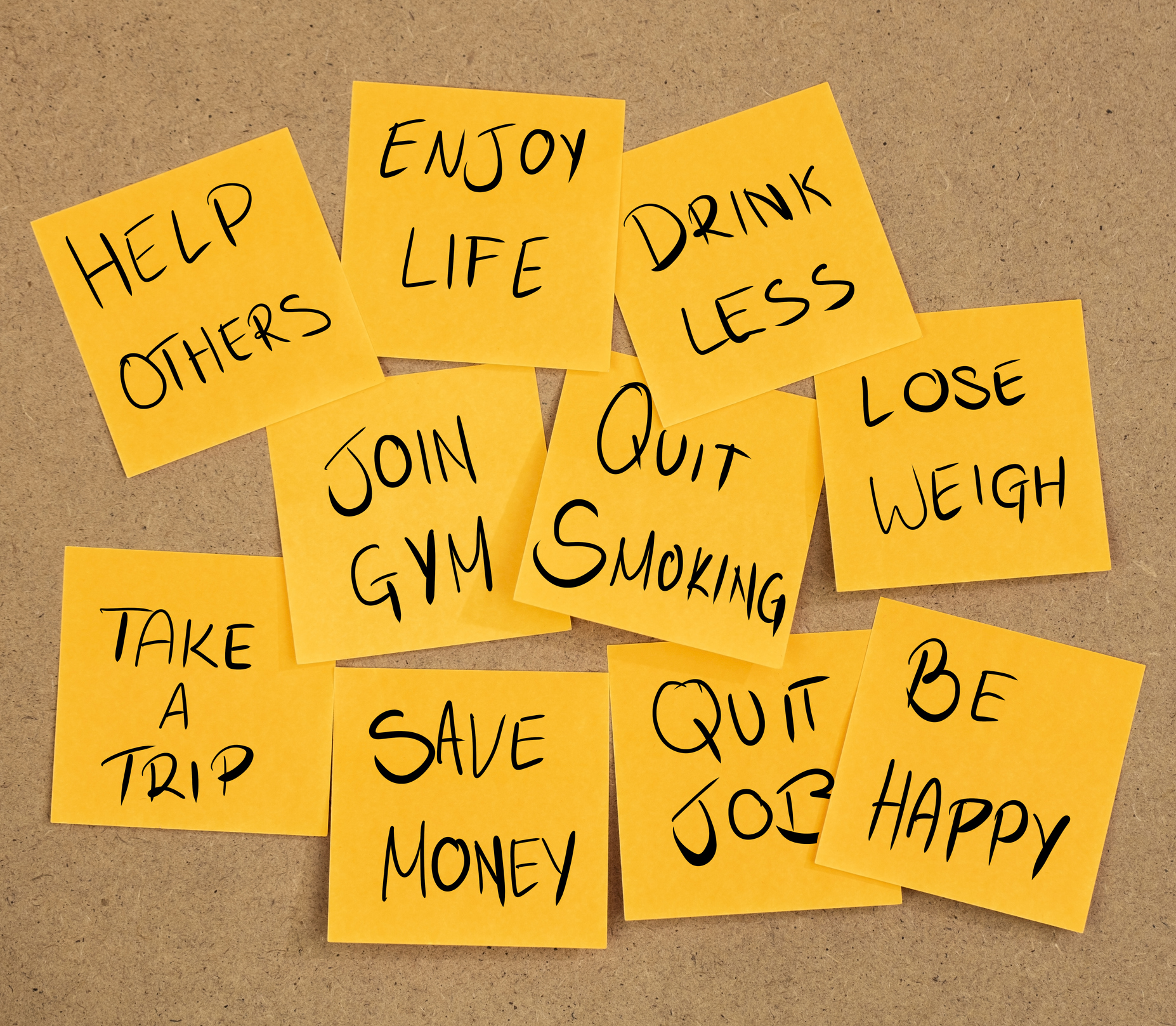Sometimes the greatest
F I S H
caught are the ones
you never put a line in the water
to catch. . .
In fact,
those fish swim everywhere
in, out, through your imagination
for the greatest tales ever. . .
When this not-not-so-small-minnow
jumped into my boat
I wasn’t ‘fishing’ for it but
it caught me way before I even thought of reeling it in. . .
It birthed
almost immediately these
poetic thoughts:
FIRST TIMES
I don’t remember
the first time
I sucked a lemon
but I’m sure it
prepared me for the
second time
I knowingly wouldn’t
suck up to pucker up
again. . .
Candle flame burns
Electrical outlet shocks
Black ice falls
Hit the thumb instead of the nail hammerings
Hot pans on hotter stoves
Stumbles off of shaky branches
All First Times
that make a
Second Time
not so much a lesson learned
as one to be remembered
to ever be taught
again. . .
FISHING BEFORE YOU KNOW HOW TO FISH Courtney Martin Through the pines and the one maple I hear her. I shouldn’t have gone fishing if I didn’t know how to fish. I shouldn’t have gone fishing if I didn’t know how to fish. There she stands legs impossibly long pink and black polka dot swimsuit baggy pole in her hands and a little oval sunfish impossibly on her hook. I don’t tell her, but I do think Oh, sweet girl, life is always like that. Fishing before you know how to fish. Leaving before you know how to leave. Speaking before you know how to speak. Fighting before you know how to fight. Loving before you know how to love. Dying before you know how to die. We are all the child with the pole worrying about who we’ve hurt. And we are all the fish on the hook, hoping for mercy. Her aunt hears her muttering prayer and though she hasn’t unhooked a fish in 30 years grabs the wriggling innocent in her hands and dislodges metal from cheek. And this, too, is all of us. Saved again and again by prayer we didn’t know we were saying and a witness we forgot was listening. Thank you, Miss Courtney for taking us Fishing before we knew we even had a pole, bait and some not-always-needed-know-how. . . . |




















